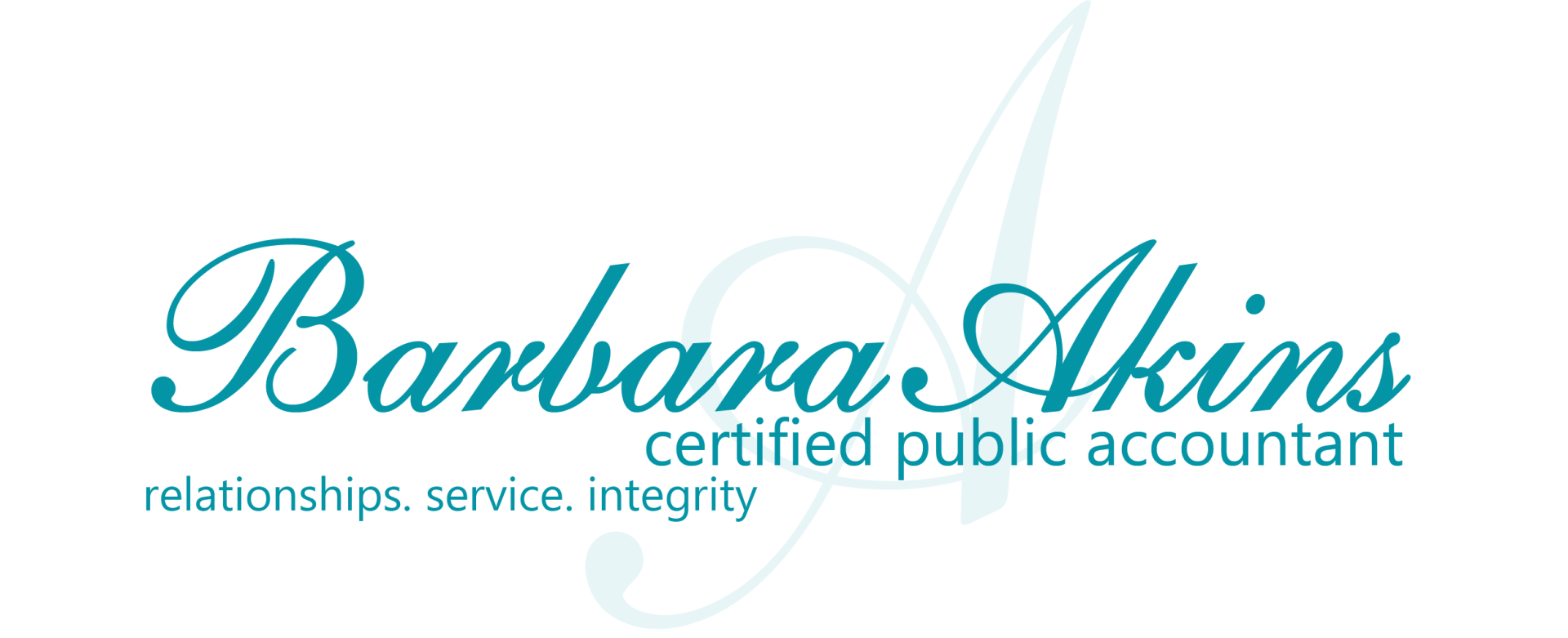Located in Bechtelsville, PA
484-321-3839
Audits & Reviews
Dependable Audits and ReviewsThe numbers in a set of Financial Statements always tells a story.
The public relies on our work & their interests must be prioritized & protected!
Ethics & Integrity; Critical Thinking; Passion for Lifelong Learning; Relationship Building; Strong Communication Skills; Attention to Detail; Problem-Solving; Innovation, Teamwork & Care!
Our firm specializes in working with Non-For-Profit Entities
& Municipalities
Audit Financial Statements
Audits provide essential accountability & transparency!
Audits represent the highest level of assurance according to generally accepted accounting principles. An audit reflects reasonable assurance, (defined as high but not absolute) about whether the financial statements are free from material misstatement whether caused by error or fraud.
An audit is designed to examine, on a test basis, evidence regarding the amounts and disclosures in the financial statements.
As part of a financial statement audit, CPAs are required to gain an understanding of internal controls and assess whether any identified control deficiencies rise to the level of material weaknesses or significant deficiencies. If so, the auditor will communicate these deficiencies to management and those charged with governance.
We perform high-quality audit work with competence, integrity, objectivity, and independence
to provide accountability
& help improve operations.
We are always looking for ways to add value with each audit & believe it is our right and responsibility to do so!

Reviewed Financial Statements
A financial statement review provides limited assurance
about the financial statements. The CPA indicates whether any material modifications are necessary for the financial statements to be in accordance with the applicable financial reporting framework.
In contrast to an audit, a CPA performing a review is not required to obtain an understanding of internal control, assess fraud risk, or test accounting records through inspection, observation or examination of evidence.
Review procedures consist primarily of inquiry and analytical procedures to identify unusual items or trends that may need further explanation.

Compiled Financial Statements
a compilation does not provide a basis for obtaining or providing any assurance regarding the financial statements. In a comilation engagement, the CPA is required to read the financial statements considering the financial framework being used and let management know whether they are appropriate in form and free from obvious material errors. No detail testing or analytical procedures are performed.

The importance of
PROFESSIONAL
SKEPTICISM!
The Auditor's professional skepticism
evaluates expectations and identifies risks and results that don't make sense. It involves Critiical Thinking, Relationships & Processing Outcomes. It requires audit experience. Skepticism is learned as a life skill. Professional skepticism
is foundational to the audit profession and a significant part of what makes us relevenat to protect financial statement users.
AUDITS...
Protect the Public Interest &
Inform the Public.
Facebook Feed
About Barbara A. Akins CPA & the Team!
When you need a CPA to help you with your finances, turn to Barbara A. Akins CPA .
We will help you with tax preparation, financial statements, and more.
We have been in business since 2015. The professionals at our locally owned and operated accounting firm have over 50 years of combined experience.
Contact Our Professionals
Barbara A. Akins CPA
835 Route 100 North
Bechtelsville, PA 19505
484-321-3839
Privacy Policy
| Do Not Share My Information
| Conditions of Use
| Notice and Take Down Policy
| Website Accessibility Policy
© 2025
The content on this website is owned by us and our licensors. Do not copy any content (including images) without our consent.

